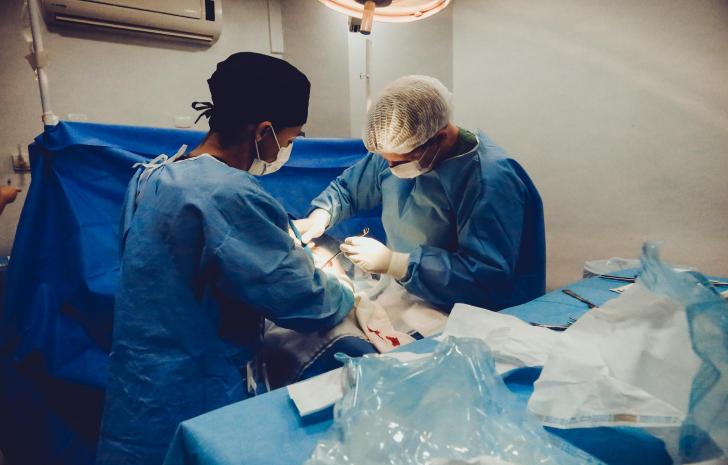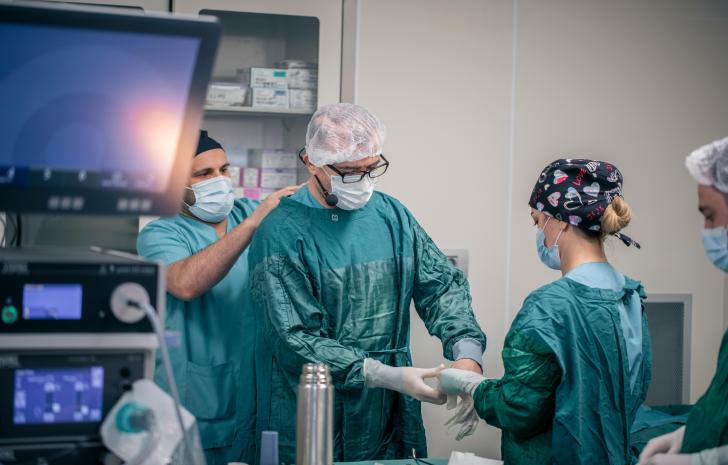Physicians Cope With ICU Shortages During Coronavirus Pandemic
- Home
- Physicians Cope With ICU Shortages During Coronavirus Pandemic

Physicians Cope With ICU Shortages During Coronavirus Pandemic
Countries struggling to contain the COVID-19 pandemic are scrambling to buy intensive care equipment, especially ventilators, which are needed in the most critical cases. In Africa, the coronavirus is spreading much faster than ICU equipment can be brought in and nurses trained. As a result, physicians in Kenya are drawing on the experience of colleagues overseas to prepare.
Long before the novel coronavirus that causes COVID-19 was discovered, Dr. Wangari Waweru-Siika had for years been working on answering the difficult life-and-death questions that the world is now asking in the midst of the pandemic: which patient gets an ICU bed with a ventilator and other life-support equipment, and which doesn’t?
Waweru-Siika is a practicing anesthesiologist and professor at Nairobi’s Aga Khan University Hospital. She has been at the forefront of developing ethical frameworks for intensive care in Kenya.
“You need to have a clear triage system that is different from your normal triage system when it comes to COVID,” she said. “There are certain patients who -- in some institutions around the world -- if they get COVID, are not being admitted to intensive care because their chances of survival are minimal.”
Kenya has around 180 confirmed cases of the coronavirus. Six people here have died, according to the latest figures from the United States’ Johns Hopkins University, which is tracking the global pandemic.
Among all COVID-19 cases, 14 percent will require hospitalization and oxygen support, according to the World Health Organization’s guidance on clinical management. Although only 5 percent will require admission to an intensive care unit, many African countries’ ICUs are already stretched.
Kenya has 518 ICU beds, according to the Kenya Healthcare Federation and Critical Care Society, although not all are fully functional. In February, a Makerere University study reported that Uganda had 55 ICU beds. South Sudan has 24 ICU beds and four ventilators.
Not all ICUs available in Kenya are fully used. Thomas Chokwe is an anesthesiologist at the University of Nairobi and Kenyatta National Hospital. He said that even in some major regional referral hospitals that have recently expanded ICUs, only a portion of the beds can be used safely because of staffing shortages.
“You get a pandemic like now and you suddenly realize you require ICU specialists,” he said. “You don’t train those overnight. You must have trained them over a long period of time, and you must have them as part of your resource base.”
The Critical Care Society of Kenya has turned to the insight of ICU specialists in countries with overstretched medical centers to develop guidelines for Kenyan physicians.
As for Waweru-Siika, who's on the group's board, she said she hopes that the COVID-19 pandemic highlights the importance of intensive care specialists here


